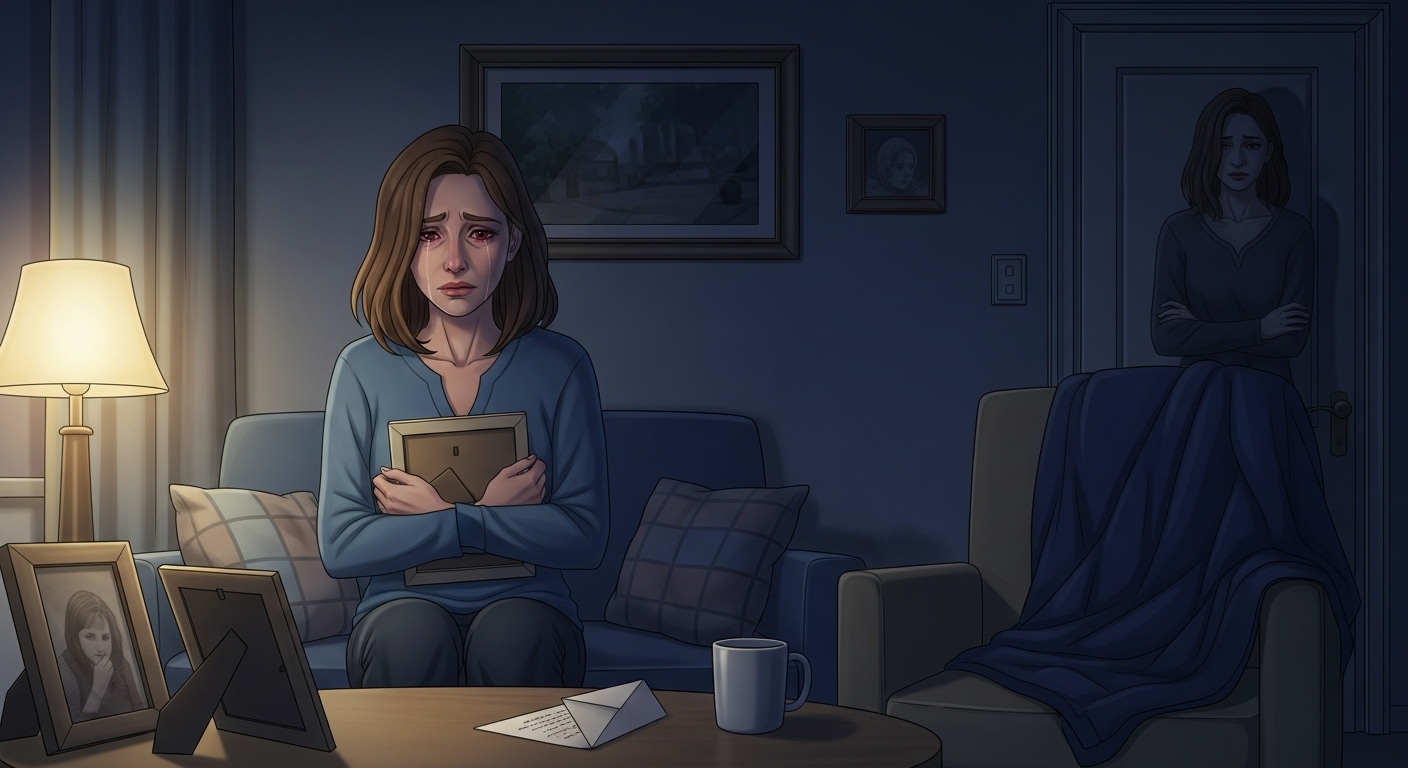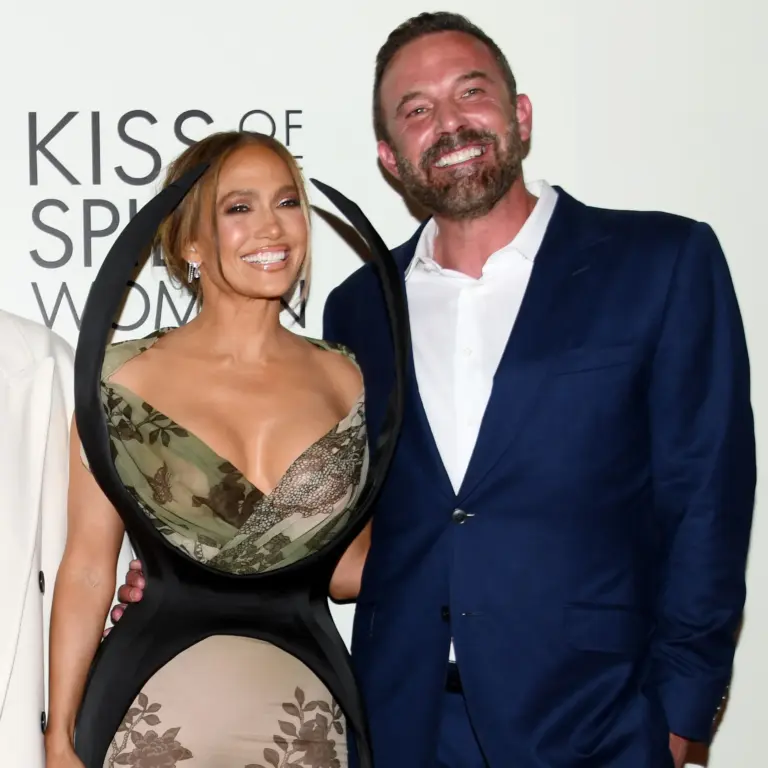Hey Pandas, AITA For Being Angry At My Sister After My Husband’s Passing?
The house felt too quiet after the funeral.
Every sound — the ticking clock, the creak of the floor — seemed to echo louder than before. I never thought silence could hurt this much. My husband, Daniel, was gone. Just like that. A sudden heart attack. Forty-three years old. One moment he was sitting on the couch laughing at a silly movie, the next he was on the floor, and my world tilted off its axis.
People say grief comes in waves. For me, it came like a storm that never stopped. But what I didn’t expect was that my sister, Emily, would become the lightning in it. She wasn’t cruel. Not intentionally. But after Daniel’s passing, something between us snapped.
At first, she was everything I needed — she stayed the night, made coffee in the morning, handled calls when I couldn’t speak. She was kind, strong, composed. I thought, Thank God she’s here. But as the days went on, I realized she wasn’t helping me heal — she was quietly taking over everything I had left.
It started small. She began rearranging things around the house. “It’ll help you feel fresh,” she said, moving Daniel’s jacket from the chair where he always left it. I froze when she did it. That jacket still smelled like him — coffee, engine oil, the faint hint of pine soap he always used. When she folded it and tucked it away in the closet, something inside me broke.
“Please leave it there,” I said softly. She smiled, like she understood, but the next morning, it was gone.
Then came the finances. Daniel and I had savings, plans, paperwork — all handled neatly. I was still numb, still trying to remember to eat, when Emily started saying, “You shouldn’t worry about bills right now. I’ll help manage things.” I thought she meant advice. But she began paying things from my account without asking, canceling subscriptions, changing auto-pays.
When I finally noticed, I confronted her. She said, “You’re not thinking straight. I’m just helping.”
Helping. That word burned.
I loved my sister. But grief makes small things feel enormous. Every move she made felt like she was rewriting the life Daniel and I built. She packed up his workshop, saying the clutter wasn’t good for me. She donated his old clothes, saying, “You don’t need reminders everywhere.”
But those “reminders” were all I had left.
One afternoon, I came home from the store to find her repainting the bedroom. Our bedroom. The pale blue Daniel picked because he said it reminded him of the sky after rain. She had chosen beige.
When I asked why, she said, “You need a fresh start. It’s depressing in here.”
I shouted then — something I hadn’t done in months. “It’s not depressing! It’s my life!”
She looked stunned. “I’m trying to help you,” she said again. But that time, her voice was tight, defensive.
I told her to stop. She said I was being ungrateful.
From that day, tension filled the air like smoke.
A week later, I caught her sitting in my living room with a box of Daniel’s things. She said she wanted to “go through it together,” but she’d already started sorting. His old camera, his letters, his tools. Things I hadn’t touched because I wasn’t ready.
Something inside me snapped. I took the box from her hands, trembling. “You don’t get to decide when I’m ready.”
She rolled her eyes slightly. “You can’t live in the past forever, Kate. You’re making yourself sick.”
That word again — sick. She said it like my grief was an illness, something I should cure. But I didn’t want a cure. I wanted understanding.
When she left that night, I locked the door. I didn’t want her back the next morning, rearranging, “fixing,” or healing things I hadn’t asked her to.
Then she stopped calling. Weeks passed. My house became quiet again. I should have felt peace. But I felt guilt — maybe she was right. Maybe I had pushed away the only person who cared enough to stay.
One evening, I found a letter on the porch. It was from Emily. Her handwriting neat, controlled.
She wrote, You’re angry at me, I know. But you’re not okay, Kate. You’ve let the sadness become your home. I couldn’t watch you drown anymore.
She wrote about how she couldn’t handle seeing me sleep beside his photo every night, or how my refusal to change anything made her feel helpless. She said she acted out of love, not control.
I cried reading it. Because part of me knew she wasn’t lying.
But another part of me whispered: Love doesn’t mean taking away someone’s grief before they’re ready to let it go.
A few days later, she called. Her voice soft, hesitant. “Can I come over?”
I hesitated too. But I said yes.
When she arrived, the air between us was heavy. She looked at the walls — still blue — and sighed. “You kept the color.”
I nodded. “He chose it.”
She sat down, eyes red. “I just wanted to see you live again,” she said. “You used to laugh so easily.”
I swallowed hard. “I will. Someday. But not like this. Not by pretending he never existed.”
She started crying. Actual, full sobs that I hadn’t seen from her in years. “I thought I was helping. I didn’t want to lose you, too.”
And then it hit me — she’d lost him, too, in her own way. He was her brother-in-law, her friend. She didn’t know how to handle my grief, so she tried to control it. That was her coping.
I reached for her hand. It was cold.
We sat like that for a long time, both crying.
We didn’t solve anything that night. But it was the first time we actually listened. No fixing, no controlling, no saving — just two broken hearts trying to understand each other.
Later, after she left, I walked into the bedroom. The blue walls glowed softly under the lamp. I ran my fingers across Daniel’s side of the bed, now cold and empty, but somehow peaceful. I whispered, “I miss you.”
For the first time in months, the words didn’t crush me. They felt… honest. Like an exhale I’d been holding too long.
I still don’t know if I was wrong for being angry at her. Maybe I was. Maybe grief makes you unfair. But in my heart, I know she overstepped. She didn’t mean harm — she just didn’t understand that grief isn’t something to fix. It’s something to live with.
And maybe someday, when the pain dulls and the laughter comes easier again, I’ll thank her for trying. But not yet. Not today. Today, I just sit in the silence — and let myself feel.


